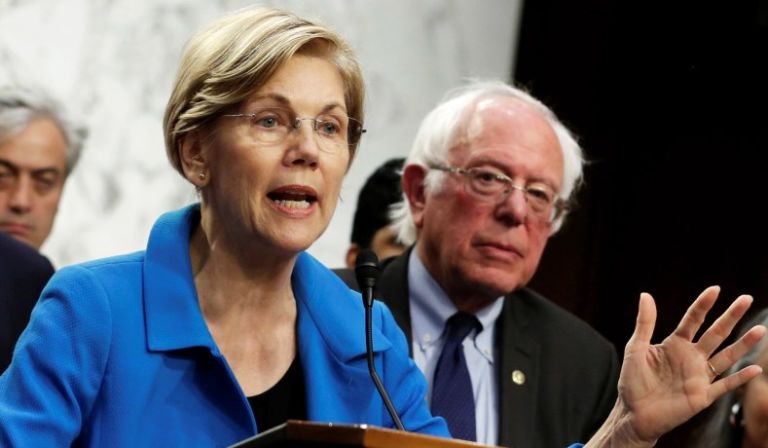A new Gallup Poll has revealed that America’s most trusted institution isn’t the church, public schools, the police and certainly not the news media or Congress, but small businesses. That’s perhaps the only good news to come out of the poll, which shows the public’s distrust in nearly every major institution in the United States at an all time high.
According to the poll, 68% of the population trusts small businesses, with the military coming in a close second at 64%. The police are in third place at a frighteningly low 45%. It’s only the second time that the police have not been in the majority, with the first being in 2020 after the death of George Floyd.
As expected, the news media is generally considered untrustworthy, with newspapers coming in at a low 16% and 11% for television news.
When it comes to the three branches of the federal government, all have seen the public’s trust drop. The largest decrease overall was presidency, with a staggering 15 point drop from 38% in 2021 to 23% in 2022. The Supreme Court saw the second largest drop, from 36% to 25% in the same time period. Congress also remains deeply distrusted at a paltry 7%.
Gallup concludes that to the public the federal government has failed to “address high inflation, record gas prices, increased crime and gun violence, continued illegal immigration, and significant foreign policy challenges from Russia and China.”
Also, only 13% of Americans are “satisfied with the way things are going in the U.S.”
The results are somewhat shocking, but Gallup is possibly missing the bigger picture here. Yes, confidence in most American institutions is falling, in some cases rather sharply, but that small businesses have retained the support of the public when every other institution has seemingly failed is quite interesting.
Over the past 100 years or so, the power center of the country has shifted from local leaders and governments to Washington D.C.—and, as it turns out, perhaps that wasn’t for the best.
The founders of the United States envisioned this country as a federation of states, not as a central government with all power and authority concentrated in one city with one group of people, often career politicians and bureaucrats who seem to become more out of touch with the reality of everyday Americans the longer they stay in Washington.
Perhaps the trust in small businesses being higher than any branch of the federal government or in any other institution is a sign that for democracy to flourish, focus should shift away from Washington D.C. to state capitals, like Raleigh for those living in North Carolina.
Though local and state governments are not without their problems, they can more accurately represent the interests of their constituents and address of the needs of that individual state. Much like a small business can tailor their practices and products to best meet the needs of their local consumers. Policies that work in California would often not work or be wanted in North Carolina and vice versa.
But some in the country are against the idea of allowing states to have a greater role at both the local and federal level, with many advocating for the elimination of the Electoral College, a system that gives smaller states a voice in determining the next president. If removed, popular vote would likely take its place, resulting in more of a mob rule than the founders ever intended.
To learn more about the importance of the Electoral College, consider tuning in on Monday July 11 at 11:45 AM EST for the latest Shaftesbury Society presentation, where Sean Parnell from Save Our States will share the importance of our unique republic democracy and the latest threats to future presidential elections.


